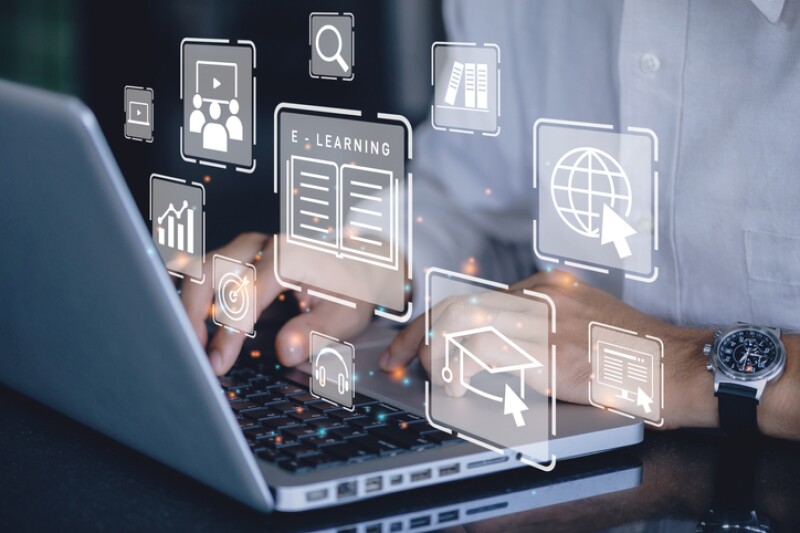The SPE University of Baghdad Chapter launched the inaugural International Petroleum Engineers Symposium (IPES) in September. The symposium brings together petroleum engineers from around the world in an intensive training program to exchange scientific experiences.
The program includes several lectures presented by experienced engineers with more than 12 years of experience in the oil sector, as well as various recreational activities. At the end of the program, a competition is held where students compete on questions covering several different topics, most of which are derived from the lectures given.
Aman Srivastava, TWA editor in chief, presented a lecture “The Digital Transformation of the Drilling Industry and the Importance of Adapting Digital Technologies” on 3 October. The lecture included discussion on how the drilling industry, once characterized by manual labor and conventional techniques, is undergoing a seismic shift through digital transformation. This revolution is not only optimizing operations but also enhancing safety, efficiency, and sustainability. Some of the key areas where this transformation is taking place include:
- Data-Driven Decision Making. Data is the lifeblood of the digital transformation in drilling. Advanced sensors and internet of things (IoT) devices are now routinely used to collect real-time data from drilling rigs and equipment. This data is then analyzed using powerful algorithms and artificial intelligence (AI) to make informed decisions. Operators can now optimize drilling parameters, detect equipment failures before they occur, and predict subsurface conditions with greater accuracy.
- Remote Monitoring and Control. Digital technologies have enabled remote monitoring and control of drilling operations. This means that experts can supervise drilling activities from anywhere in the world, reducing the need for on-site personnel and improving safety. Remote drilling also allows for faster response times in case of emergencies.
- Automation. Automation has transformed drilling rigs into sophisticated machines capable of executing complex tasks autonomously. Automated drilling systems can adjust drilling parameters in real time, minimizing downtime and human error. This not only enhances efficiency but also reduces the risk of accidents.
- Drilling Simulation. Virtual drilling simulations allow operators to test different drilling scenarios in a risk-free environment. This technology is invaluable for training new personnel and optimizing drilling strategies.
This forum was founded by engineers and SPE members of the University of Baghdad Chapter, Mohammed Ali Dheyaa Shakir and Haider Lafta Mohsen, in collaboration with seven SPE chapters, including:
- Egypt’s Suez University Student Chapter
- Greece’s Technical University of Crete Chapter
- UK’s Aberdeen University Chapter
- Germany’s University of Clausthal Student Chapter
- Yemen’s Emirates International University Student Chapter
- Azerbaijan’s Baku Higher Oil School SPE Student Chapter
IPES has reached 30 participating countries in the event, and we aspire to expand the circle further in the coming year to make it a global online event for petroleum engineers.
All lectures are provided on-demand on the SPE University of Baghdad Chapter’s YouTube channel.

